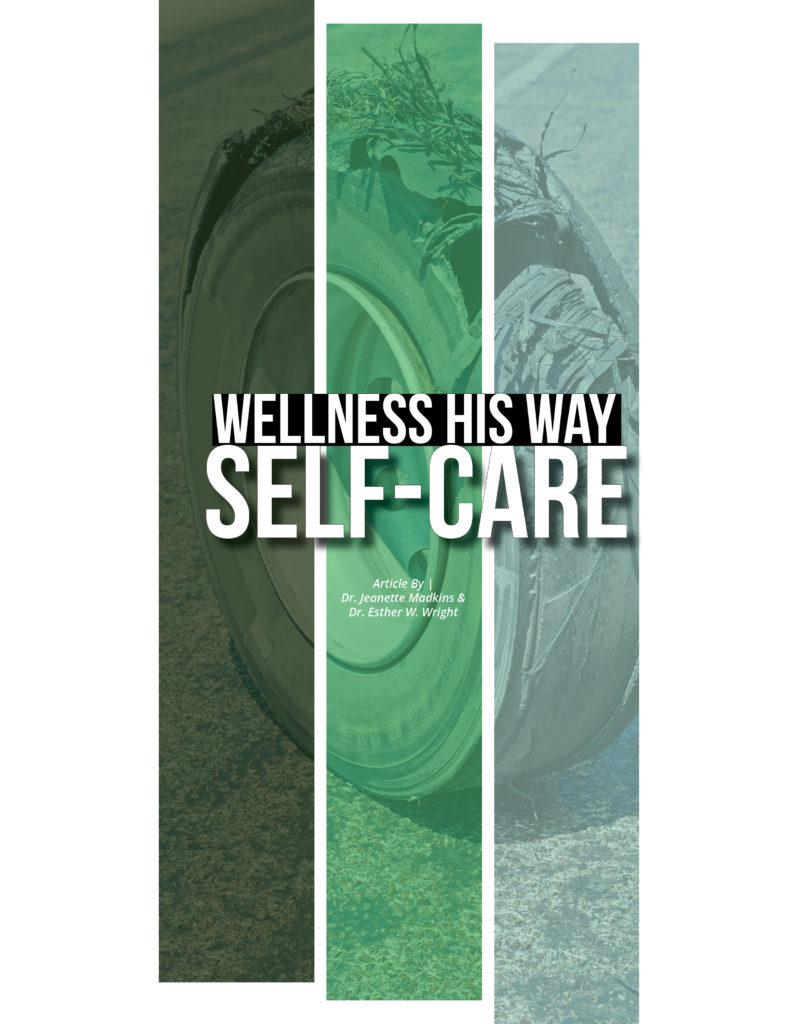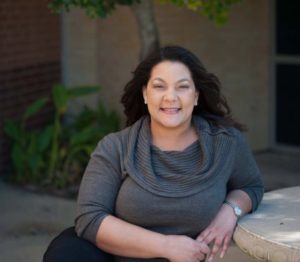
Did you know there is a “tire-blowout season?” According to the website, popularmechanics.com, this season extends approximately from the middle of May through early October. This means that as you read this article, we’re entering the “tire-blowout season.”
The months in “tire-blowout season” are marked by hot temperatures and motorists driving long distances, in heavily loaded vehicles. The site notes that the combination of these factors can “push a neglected or injured tire beyond its breaking point.” Please note, it is not the external factors by themselves which cause the tire to blow out. The tire has to already be injured or lacking in necessary care to be adversely affected by the hot temperatures, the long distances, and the heavy weight.
Things that can damage a tire include underinflation, overloading, and potholes. A tire is underinflated when its air pressure is inadequate. This causes the internal components of the tire to flex beyond what they are designed. Each tire is designed to carry a certain amount of weight. When a vehicle is overloaded, this can damage the tire. When a tire slams hard enough into a pothole, the tire’s internals can be damaged.
These details about the causes of a tire blowout have physical, emotional, mental and spiritual implications. Our emotions and bodies function in similar ways, and it is healthy for us to be aware of when we are entering our own “tire-blowout season,” or a season in which we experience high levels of pressure/expectations, increased need for endurance in our responsibilities, and increased mental or emotional load. We can recognize when we have entered these seasons by asking ourselves some key questions: Do I feel more tired than usual? Am I more sad, anxious, or irritable than usual? Do I find it more challenging to rebound well from stressful experiences? Do I feel stretched too thin?
If we find ourselves saying “yes” to the majority of these questions, we may be running the risk of experiencing our own “blow-out” if we haven’t maintained good self-care. Good self-care includes practicing monitoring and maintenance of our wellbeing in order to best support the demands of our daily functioning. Think of good self-care as a triad with three pieces that are foundational to our ability to maintain healthy functioning and good stress management. First, it’s vital that we work towards getting adequate sleep most nights. Adequate sleep is considered to be 7-9 hours per night for most adults. Second, our bodies require balanced nutrition in order for us to maintain the busy pace of our days. We must be sure that we are consuming sufficient quality calories to nourish our bodies and keep up our energy and focus. Third, we need to move our bodies on a consistent basis. Exercise in any form, from walking to intensive cardio, serves two important functions. One, exercise improves our physical health and functioning. Two, exercise serves as a physical release of emotional pressure. The powerful combination of this triad of self-care can increase our sense of control, resilience, good mood, and well-being. Just like damaged tires, feeling ourselves bending under the pressure is typically less about the external circumstances we are facing and more about the integrity of the triad of self-care that we’ve built into our daily routine.
But our ability to ward off “blow-outs” doesn’t stop there. Social support is critical to us feeling less alone during our challenging seasons. Connecting with others on similar life paths and setting aside time to access this type of support should be as non-negotiable to our self-care routine as brushing our teeth. No tire pulls the full weight of the car alone. Additionally, prayer, reading and meditating on the Word of God, and engaging in individual and corporate worship, are to us what air is to a tire. Adequate spiritual sustenance will prevent us from becoming “underinflated” and decrease the likelihood that our inner man will be stretched beyond our limits.
Similarly, we need to learn to set proper boundaries and priorities to avoid “overloading” ourselves. We need to learn to recognize and say what Lysa Terkeurst describes as the “best yes.” We can avoid some “potholes” by listening to the Spirit and taking different routes. But others we encounter simply because “life happens.” Thankfully, regardless of the source(s) or cause(s) of our “blowouts” or the damage or injuries we sustain, our Father, Jehovah Rapha, is able to heal and restore us, so that we can continue on our journey and live as He has planned.
This summer, we invite you to reflect on how you are stewarding your self-care. The more of these healthy habits you have in place, the more resilient you’ll feel despite the challenging seasons you encounter. Consider setting a goal to strengthen an area of your self-care routine and then reflect on how the change impacts your mood and outlook. Be kind to yourself, and understand that changing habits doesn’t happen overnight. If you miss the mark of a new goal, recommit to starting anew as soon as you catch yourself falling back into old habits. Celebrate small changes and improvements you make and applaud yourself for lowering your risk of an “emotional blow-out” this season. We are cheering you on to Wellness His way!
Jeanette Madkins, PhD, ABPP | Esther W. Wright, PhD, ABPP
 Dr. Jeanette Madkins is a licensed and Board Certified counseling psychologist. In her private practice, Dr. Madkins specializes in issues that affect the hearts and minds of women, including anxiety, depression, maternal mental health/perinatal anxiety and depression, diversity concerns, relationship issues, infertility, infidelity survivorship, trauma survivorship, pregnancy loss, and post-abortion counseling. With over 15 years of psychotherapy experience, she uses a collaborative and integrative approach to support women as they regain their sense of stability and work towards wellness and healing. She also teaches, provides professional training seminars and supervision for other clinicians, and writes. For more information about Dr. Madkins and her practice, please see www.drjmadkins.com.
Dr. Jeanette Madkins is a licensed and Board Certified counseling psychologist. In her private practice, Dr. Madkins specializes in issues that affect the hearts and minds of women, including anxiety, depression, maternal mental health/perinatal anxiety and depression, diversity concerns, relationship issues, infertility, infidelity survivorship, trauma survivorship, pregnancy loss, and post-abortion counseling. With over 15 years of psychotherapy experience, she uses a collaborative and integrative approach to support women as they regain their sense of stability and work towards wellness and healing. She also teaches, provides professional training seminars and supervision for other clinicians, and writes. For more information about Dr. Madkins and her practice, please see www.drjmadkins.com.
 Dr. Esther W. Wright is a licensed and Board Certified counseling psychologist. For over 14 years, she has worked with college students in a university counseling center. Her areas of special interest are therapeutic writing, spirituality, multiculturalism, wellness, relationship concerns and women’s issues. Dr. Wright utilizes an integrative orientation in her work with emphases on culturally sensitive cognitive behavioral, interpersonal, and psychodynamic perspectives. Dr. Wright is also a published poet and author, and believes firmly in the transformative and healing power of words.
Dr. Esther W. Wright is a licensed and Board Certified counseling psychologist. For over 14 years, she has worked with college students in a university counseling center. Her areas of special interest are therapeutic writing, spirituality, multiculturalism, wellness, relationship concerns and women’s issues. Dr. Wright utilizes an integrative orientation in her work with emphases on culturally sensitive cognitive behavioral, interpersonal, and psychodynamic perspectives. Dr. Wright is also a published poet and author, and believes firmly in the transformative and healing power of words.
Want to read more from Peace Brazos Christian Life magazine? Our full digital edition is online! Click here for more.
You must be logged in to post a comment.